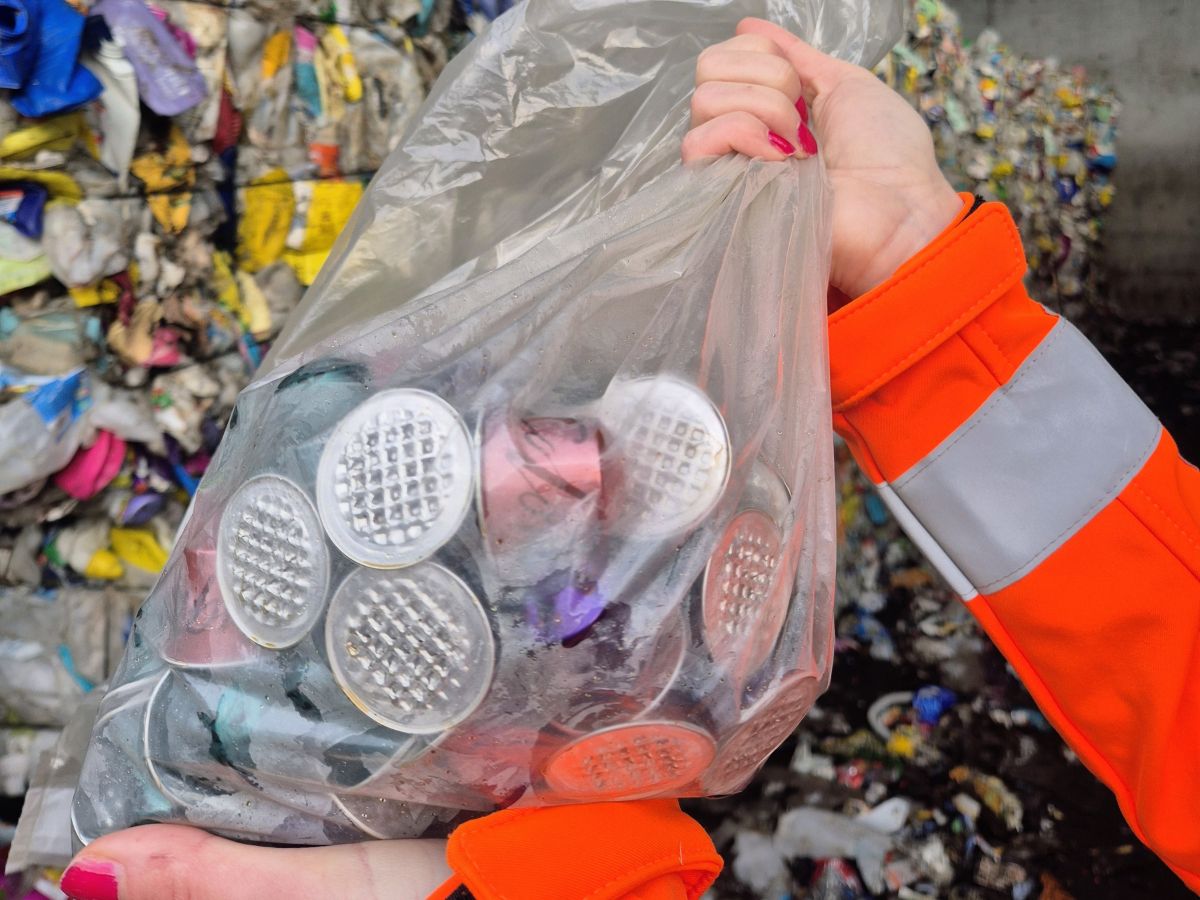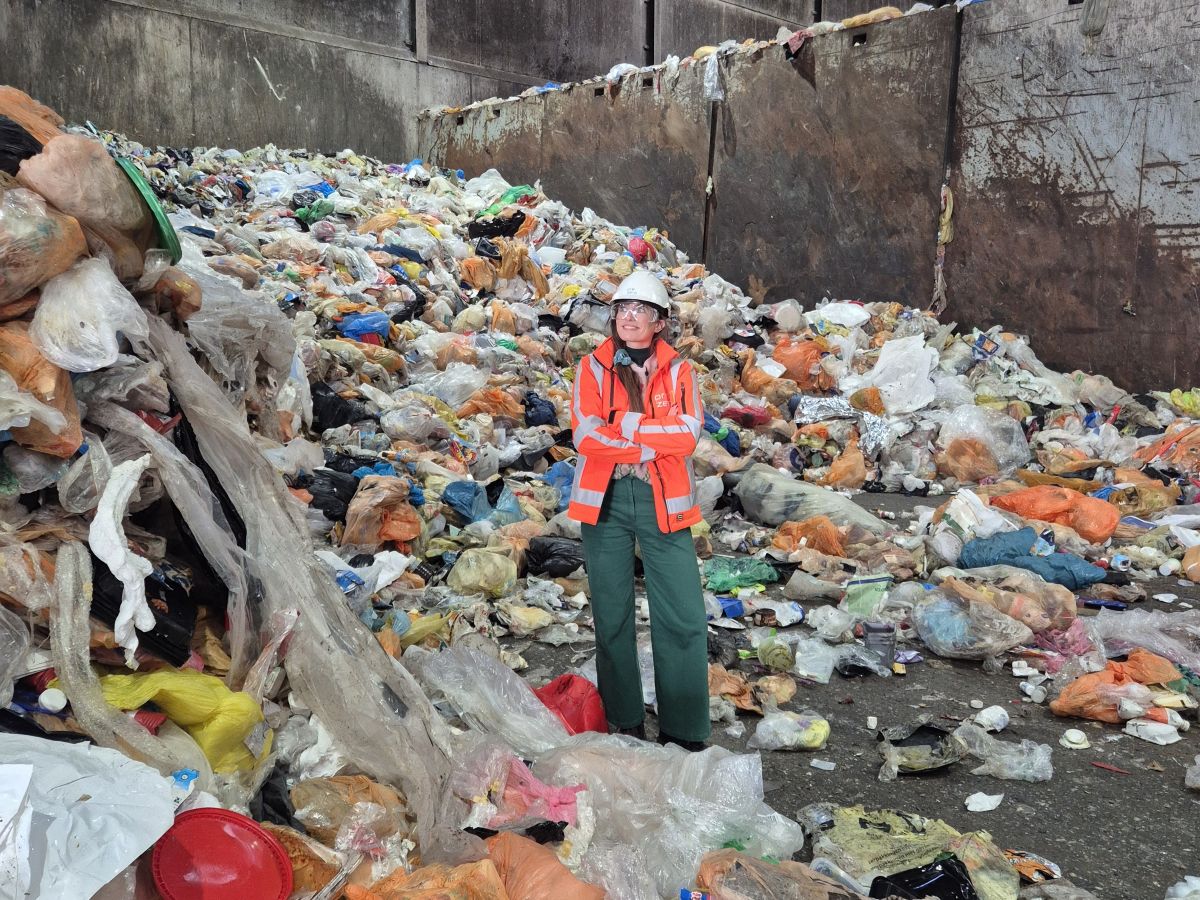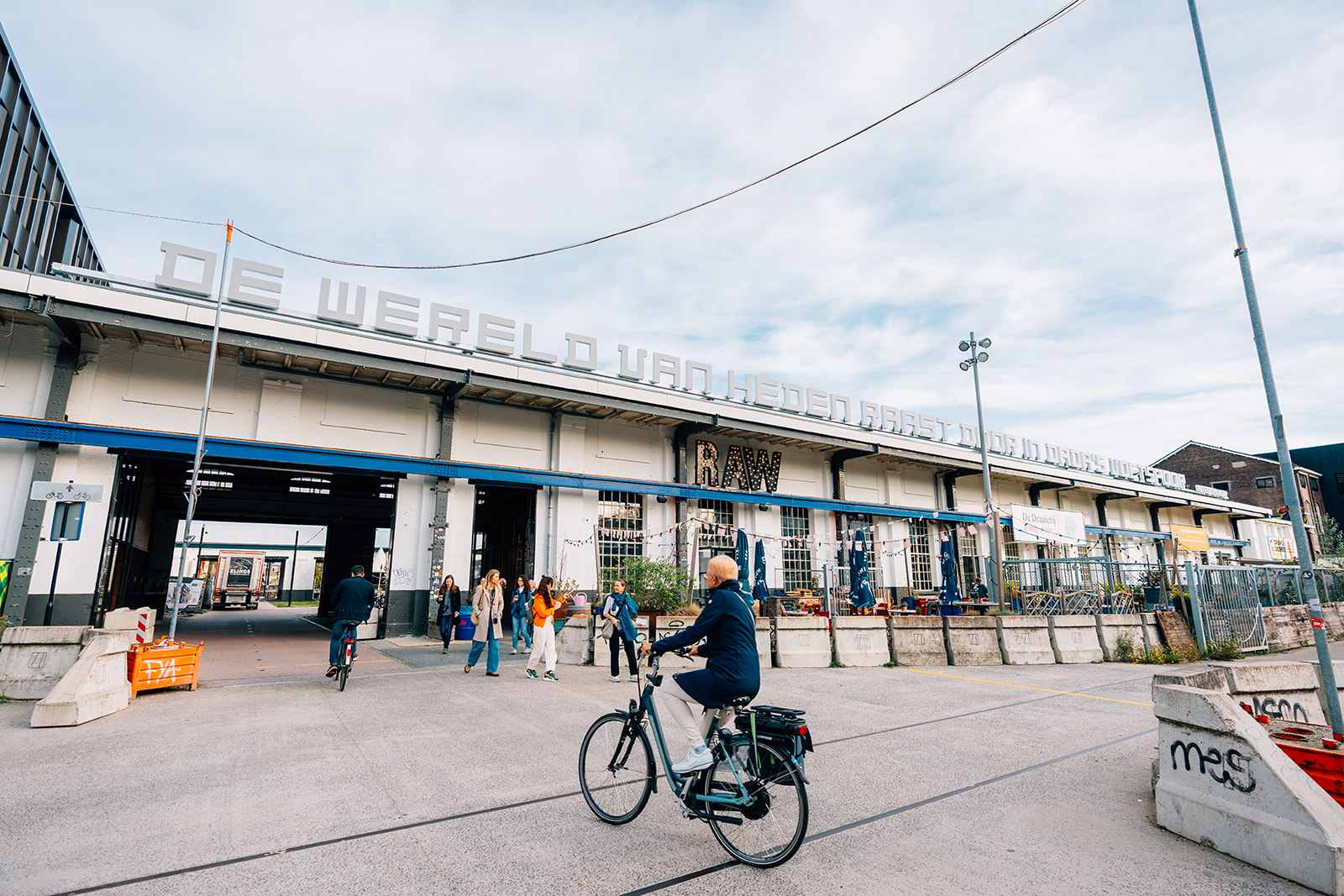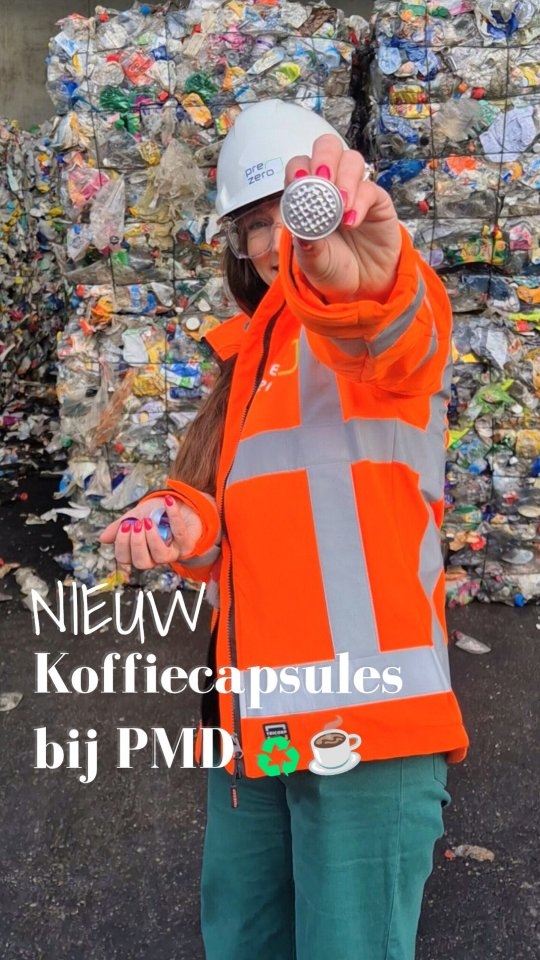Always wanted to make your own compost from vegetable, fruit and garden (VFG) waste? This wooden worm hotel from Worm Farm makes it super easy! It fits in any garden or balcony and helps turn your kitchen waste into nutritious compost. Extra fun: you can also use it as a stool! Saskia has had her own worm hotel for a year now and it has provided her with a beautiful mountain of compost. Her patience is rewarded - and her garden is extra grateful to her.
What is compost and why is it good for your garden?
In collaboration with Worm Farm
Compost is actually nothing more than decomposed organic material, packed with nutrients for your plants. It improves soil structure, makes the soil airier and helps retain water better. As a result, your plants not only get more nutrients, but also need to be watered less often. In addition, compost stimulates soil life, making your garden healthier and more resistant to diseases and pests. In short: compost is a gift for your garden and a smart way to reuse your kitchen waste!
Why make your own compost and not just buy a bag?
It's true that you can just buy compost at the shop, but making your own worm compost has some big advantages. First, you know exactly what's in it: no added substances, just compost made by worms from your own organic waste. A natural process! In addition, worm compost is simply better: it is often even richer in nutrients than most bagged compost. Worms break down organic matter into a super-concentrated and directly absorbable source of nutrients for plants. Better for your garden, better for the environment and better for your wallet. Win-win!
And another plus: it is fully circular! You reduce your waste and give nutrients directly back to nature, without extra packaging or transport. And let's be honest, it's just cool to see your kitchen waste turn into nutritious soil for your garden or plants. So a daily moment of contact with your new pets is also incredibly educational!
How do worms work as ‘compost machines’?
So worms are real compost champions! They eat their way through your fruit and vegetable waste and convert it into nutritious compost via their digestive system. This happens in a few simple steps:
- Food: worms feast on your kitchen waste, such as fruit and vegetable scraps, coffee grounds and even finely torn cardboard.
- Digest: in their gut system, bacteria and enzymes break down organic material. This causes nutrients to be released in a super concentrated form.
- Pooping out: their excrement is called worm humus or worm compost, which is a black, crumbly substance bursting with nutrients and micro-organisms.
- Soil enrichment: this compost improves soil structure, stimulates soil life and makes nutrients easier for plants to absorb.
The beauty? Worms keep repeating this process endlessly, as long as you keep feeding them. This is how you naturally turn your GFT into gold for your garden!



Get started with the worm hotel from Worm Farm. Put your worm hotel in a spot in the shade, feed the worms regularly (don't forget to add cardboard and make food scraps small). After a few months, you can start harvesting! Handy: we made a video of the whole process!
This is how to take care of your worms in the worm hotel
When starting a worm hotel, start with a bag of tiger worms (about five hundred of them). These special compost worms are real wolverines and can quickly convert GFT into nutritious compost. But like any pet, they need a little attention and care to stay productive.
Making a fine starter bed in your worm hotel
Before letting your worms move into their new home, give them a soft substrate of moist cardboard, torn egg cartons (or coconut fibre or compost). This will ensure a good moisture balance and provide a hiding place while the worms can get used to their new environment. How do you know if you have the right moisture balance? The rule of thumb: it should be as wet as a squeezed sponge.
Feeding with policy
Worms not only eat fruit and vegetable scraps (also called ‘green’ waste), but also need fibre-rich material such as cardboard, dead leaves or egg cartons (‘brown’ waste). This is important for a healthy compost process. Therefore, always maintain a ratio of about 50% green and 50% brown.
Nitrogen versus carbon
Think back to that chemistry lesson for a moment, because that knowledge will now come in handy to make your worm hotel work optimally. Green waste, such as fruit and vegetable scraps, contains a lot of nitrogen. This is essential for decomposition, but if you add too much of it, the worm hotel becomes too wet and acidic. The result is rotting, nasty smells and unwanted visitors like flies and maggots. Brown waste, such as cardboard, egg cartons and dead leaves, contains a lot of carbon. This balances moisture, prevents odours and keeps compost nice and airy. In addition, carbon is an important food source for worms and helps in healthy decomposition of organic matter.
Rule of thumb: with every handful of fruit and vegetable waste, also add a handful of torn cardboard, egg cartons or dry leaves. This will keep your worm hotel fresh and odourless, and allow your worms to do their best work!
What worms would rather not eat
Avoid meat, dairy, citrus fruits, onions and garlic. These can rot or make the worm hotel too acidic, reducing the worms' ability to do their job.
Keeping the right moisture balance in your worm hotel
A worm hotel should not be too dry or too wet. Is it too dry? Lightly sprinkle it with water. Is it too wet? Add some extra cardboard or egg cartons to absorb the moisture.
Peace and regularity
Worms work best if you leave them alone. So don't stir through the compost daily, but let them do their thing. A little check once a week is enough. If you take good care of your worms, you will get the most beautiful compost within three to six months. A little love and attention, and they will do the hard work for you!
Ensure the right temperature
Worms do not like extreme heat or cold. Therefore, put your worm hotel in a shady place, especially in summer. If it gets too hot, the worms may start to flee or even die. In winter, a sheltered spot is recommended so they don't freeze. A constant, moderate temperature (between 10 and 25°C) is ideal for a happy worm hotel!
Getting started yourself with a worm hotel from Worm Farm
Got excited and ready to start your own worm hotel? At the webshop of Worm Farm you will find everything you need: from a wooden worm hotel to a bag of tiger worms and special food for your worms to get started right away. Extra handy: founders Emiel and Jasper have a extensivede-guide written packed with tips and explanations. You can download it for free as soon as you start your own worm hotel. That way you will get off to a flying start!
More green gardening tips
- You can also make worm compost from worm tea. This way, you get more out of your compost. Ideal if you have a large garden and relatively little worm compost.
- You can also buy potting soil and garden soil more sustainably. We have a handy list of garden soil and potting soil brands for you.
- Another good idea in your garden are stacking stones. Costs nothing, looks lovely and the itchy critters will thank you.
Photo credits: thegreenlist.nl.












